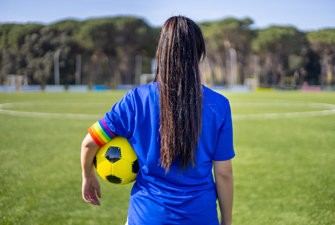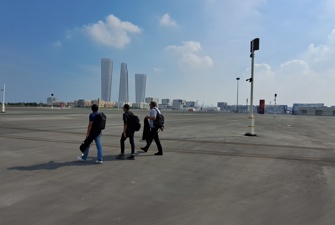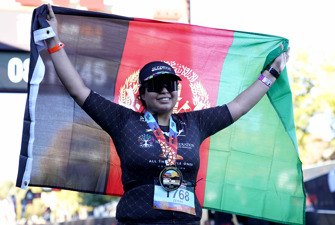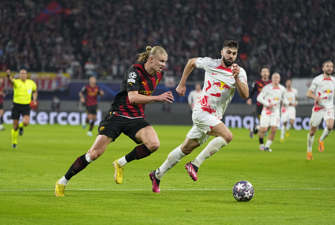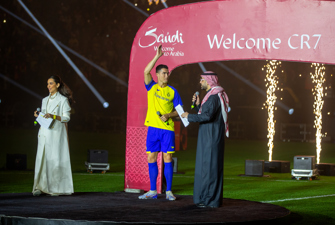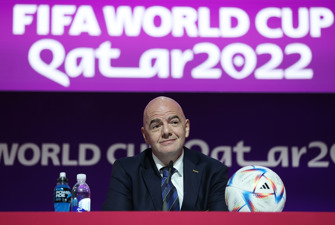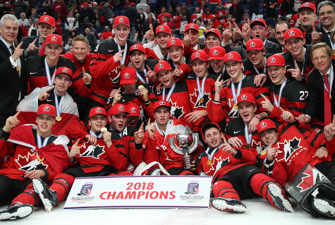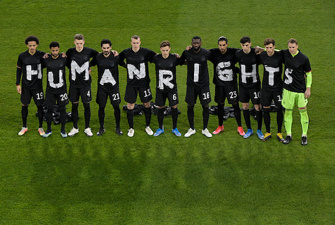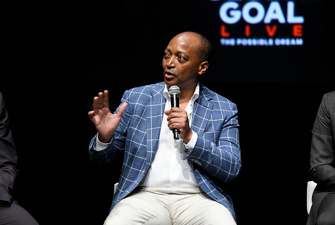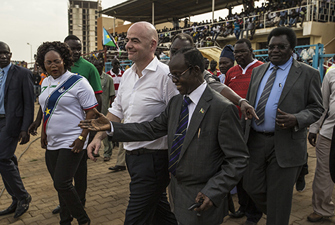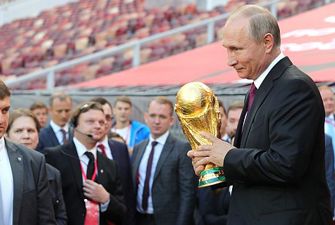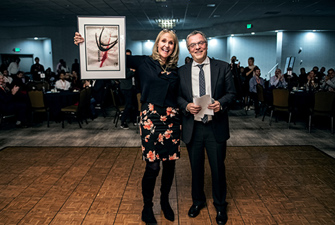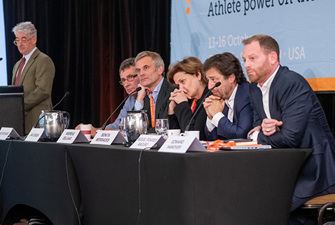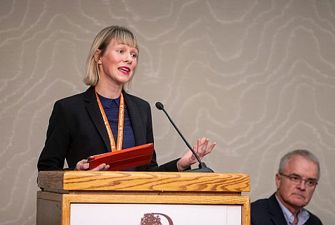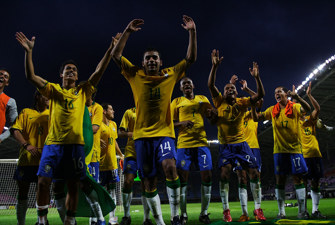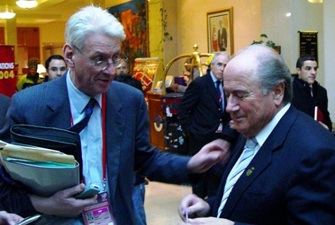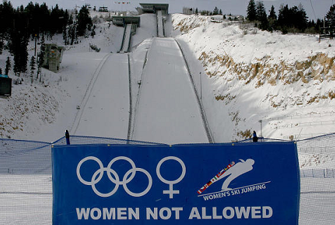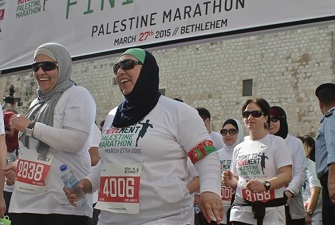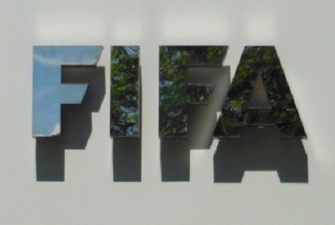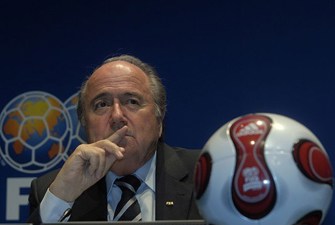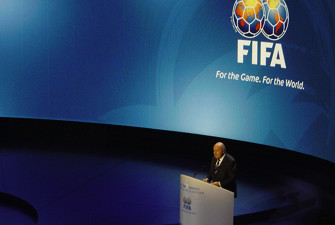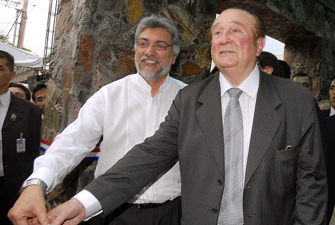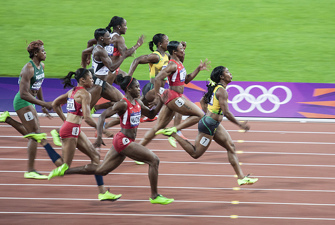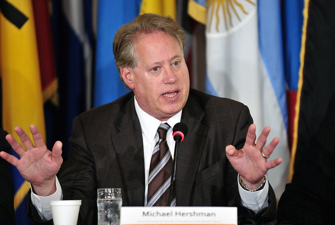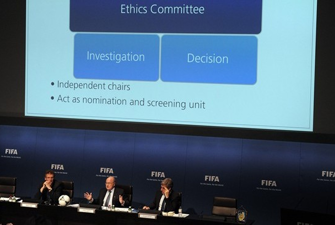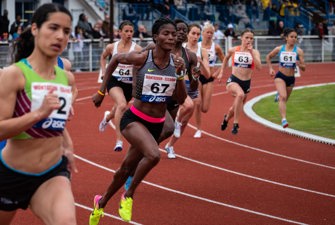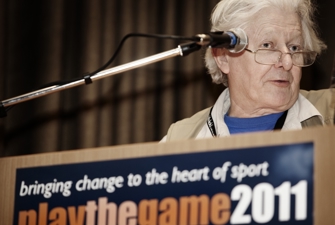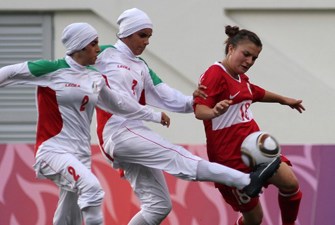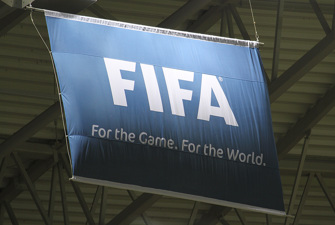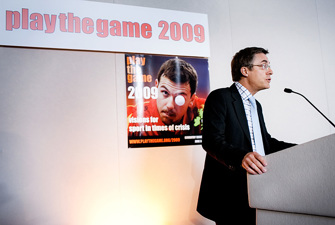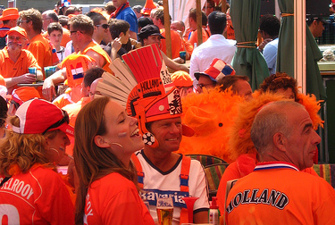FIFA and the Lifting of the Ban on the Hijab
The saga of FIFA and the hijab, the traditional head-covering worn by many Muslim women that also refers in some countries to the entire style in which Muslim women dress, goes back at least seven years.
FIFA first banned the hijab in 2007. Subsequently, in a relatively short period of time, FIFA allowed it, then banned it, only to allow it once again, although tentatively. Finally, the ban was permanently lifted early in March.
Sanctioned by the International Football Association Board (IFAB), the institution that oversees the rules of the game and is the ultimate rule-making body of the sport, the new decision specifies that “male and female players can now wear head covers.” The IFAB agreed that after a trial period “there was no indication as to why the wearing of head covers should be prohibited.”
Throughout these seven years FIFA cited safety concerns, specifically the potential danger of choking, to justify banning the hijab. However, it was clear that such concerns were unfounded and that other significant issues were at stake. Prince Ali Bin Al-Hussein of Jordan, a FIFA vice-president, recognized these issues. While arguing that the ban on the hijab “impacts on millions of women worldwide and it is crucial to address,” Prince Ali remarked that his goal was to find a solution “that ensures the safety of the players, respects culture and promotes football for all women without discrimination.”
The ban on the hijab was indeed discriminatory. It seemed to have targeted one particular group: Muslim women. Although it was never explicitly stated, it could be contended that an underlying argument to justify the ban on the hijab was that wearing it amounted to a religious and political statement that contradicted FIFA’s avowed separation of religion, politics, and sport. However, FIFA does not condemn all breaches to that position. Some players make religious gestures on the field of play without much, if any, consequence. Notice, for example, that Lionel Messi, one of the sport’s luminaries, has the habit of making the sign of the cross after he scores. Yet, to our knowledge, he has not been admonished by soccer authorities for indulging in such a religiously-oriented habit. Inconsistences of this sort led many to believe that FIFA had a double standard targeting Muslim women.
Not only was FIFA’s ban on the hijab discriminatory but it also had the potential to negatively affect current and aspiring women Muslim players. As Awista Ayub, an Afghani-born writer, contended, the ban on the hijab could force Muslim women out of soccer, “particularly those players whose permission to play is contingent upon covering.” This signified an unjustifiable impediment to both the expansion of opportunities for women to practice soccer and to FIFA’s goal to universalize the game. Even more, if international soccer is capable of promoting intercultural interaction and dialogue, forcing Muslim women out of the game tampers such prospect. It also represents a lost chance to break down what philosopher Carlos Fraenkel calls the “clash of ignorances” through which “deep-seated stereotypes and prejudices have resulted in the ‘other,’ whether the ‘other’ is the West or Islam, being perceived as evil, barbaric, and uncivilized.” The ignorance is not just an ignorance of the “other,” but also an ignorance of oneself. Soccer competition is an interhuman sphere of communication that implies interacting with the “other,” here represented by the female hijab wearing soccer player, as much as recognizing each other in our sameness and difference.
FIFA’s permanent lift of the ban on the hijab should be welcome and celebrated. Nonetheless, how this decision was made is troublesome. The voices of the women Muslim players were not heard or if so they were only heard through the voice of intermediaries, almost exclusively men, whose legitimacy could be questioned. It is difficult, if not simply impossible, to start comprehending the predicament of the “other,” if she is not invited and thus does not fully partake in the space of interlocution. Similarly, in her absence, it is much easier to neglect her and her interests. Furthermore, it is more difficult to reach a compromise that appropriately respects and expands the rights of all athletes. Women, Muslim and otherwise, should have a much stronger representation and presence at all levels of soccer’s decision-making. The game belongs as much to them as to men. Perhaps such representation and presence hold the potential for governing soccer in a more equitable, fair, and just manner.


